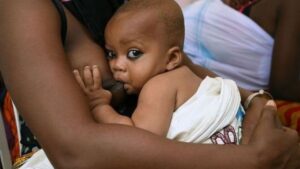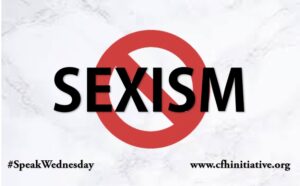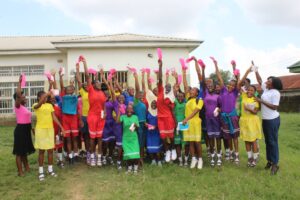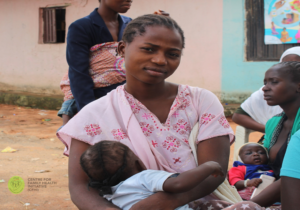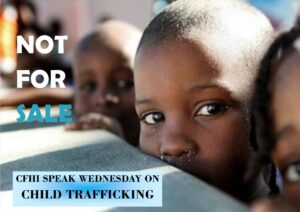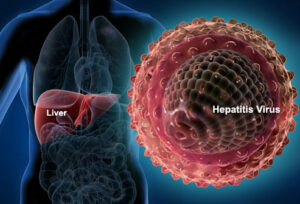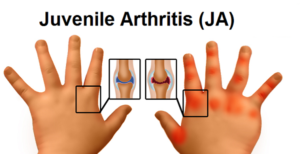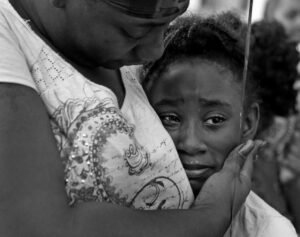SPEAK WEDNESDAY
GENDER ROLES IN LEADERSHIP
With the increasing interventions and awareness to promote equal rights and opportunities for boys and girls in Africa, more females are raising their voices against gender inequality. Women are now asserting their power as global ground breakers dominating fields and positions of leadership that were exclusively reserved for men. Women are seizing opportunities and attaining heights of success.

Around the world, women are leading countries. Queen Elizabeth II of the United Kingdom has been the reigning queen since 1952. Africa is not left out. Ellen Johnson Sirleaf was the first elected female head of state in Africa. She served as the President of Liberia from 2006 to 2018. Catherine Samba-Panza served as interim President of the Central African Republic from 2014 to 2016. She was the first to hold that position in the country. Dame Virginia Ngozi Etiaba served as the governor of Anambra State, Nigeria, from 2006-2007.
Anyone irrespective of gender who possesses leadership skills and qualities can be a leader. Thus, men and women show distinct leadership traits and qualities. Many argue that women cannot withstand the challenges that come with leadership because their biological formation detests stress and pressure. Women are judged to be reserved and soft so they can be easily swayed. Well, these qualities are more of strengths than weaknesses. The soft nature of women makes them considerate leaders that listen to the plight of the masses and strive to protect the interest of the people they serve. This is a unique leadership quality called selflessness.
Compassion is an asset every leader must possess. A leader must be compassionate, deferential, submissive, self-effacing, and treat everyone with the same level of dignity. A compassionate and humble leader will learn from others and accept mistakes because he/she is not all knowing. Women are not just compassionate and humble, they are innovative, creative, and logical thinkers. Selecting leaders based on these attributes would definitely produce more female than male leaders. These attributes earn female leaders the collaboration and cooperation of the followers to advance for a better future.
Women led nations seem to be particularly successful in fighting COVID-19. New York Times reports that the Chancellor of Germany, Angela Merkel has had fewer death rates than France, Italy and Spain. 34 year old Sanna Marin who is the Prime Minister of Finland with collaboration of 4 female led parties has had far lower deaths than nearby Sweden. Without a total national lock down, Tsai Ing-wen the female president of Taiwan has achieved one of the most successful efforts in the world at containing Corona Virus.
Women should be given more opportunities to occupy positions of leadership. Instead of criticizing the leadership abilities of women, men should be encouraged to embrace unique leadership traits of women leaders. The world will advance for the better when this is achieved.
Speak Wednesday is an initiative of Centre for Family Health Initiative to stop the cycle of domestic violence by breaking the silence around gender-based violence. Join us every Wednesday on all our social media handles for more episodes.

